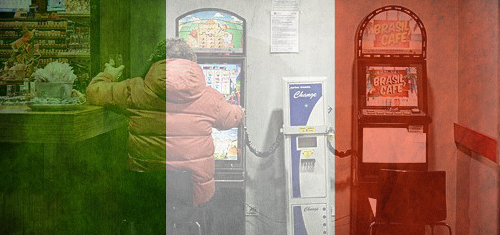 Italy’s top legislator has pledged to pursue a nearly one-third reduction in the number of gaming machines in bars, cafes, newsagents and hotels.
Italy’s top legislator has pledged to pursue a nearly one-third reduction in the number of gaming machines in bars, cafes, newsagents and hotels.
Earlier this week, Prime Minister Matteo Renzi gave an interview to a local magazine in which he claimed his administration was “developing a measure to remove [slots] from tobacconists and shops” in a bid to lessen gaming’s impact on youth and other vulnerable segments of society.
Economic undersecretary Pier Paolo Baretta followed up this statement by saying the government planned “a reorganization which takes into account social demand and therefore provides for a drastic reduction of [amusement with prizes machines] in the territory, accounting for 30 percent.”
Baretta said the government would target slots based on their physical proximity to “sensitive places,” presumably referring to the traditional schools, churches, etc. Baretta said the goal was to “find a solution that does not call into question the choices made so far by local authorities but make them compatible with a more comprehensive regulatory framework.”
Not everyone is convinced the government means business, especially since the reduction in the number of slots would lead to the loss of millions of euros in tax revenue. But Baretta claims that the 30% slots cull “was already provided for by the law of stability in 2016” and thus holds no “complicated consequences” for the state budget.
Baretta also claimed the slots reduction wouldn’t lead to the government approving new gaming halls to which the removed slots could be transferred. Baretta insisted that the government’s goal was “to reduce the overall supply” while claiming that the government wouldn’t proceed until it had reached some kind of accommodation with regional administrators.
Italy’s four land-based casinos generated revenue of €203m over the first eight months of 2016, with slots accounting for 61% of the total take.